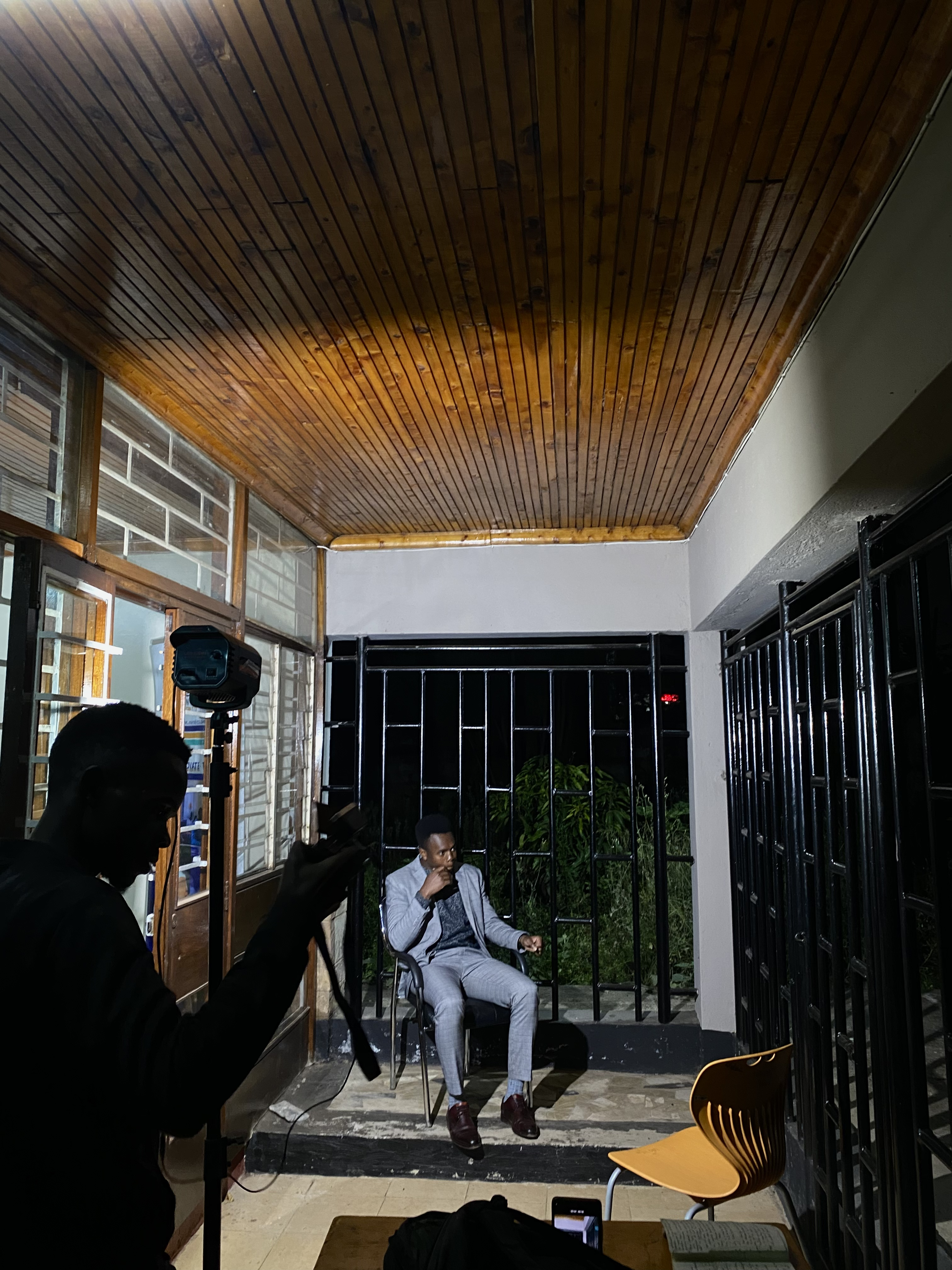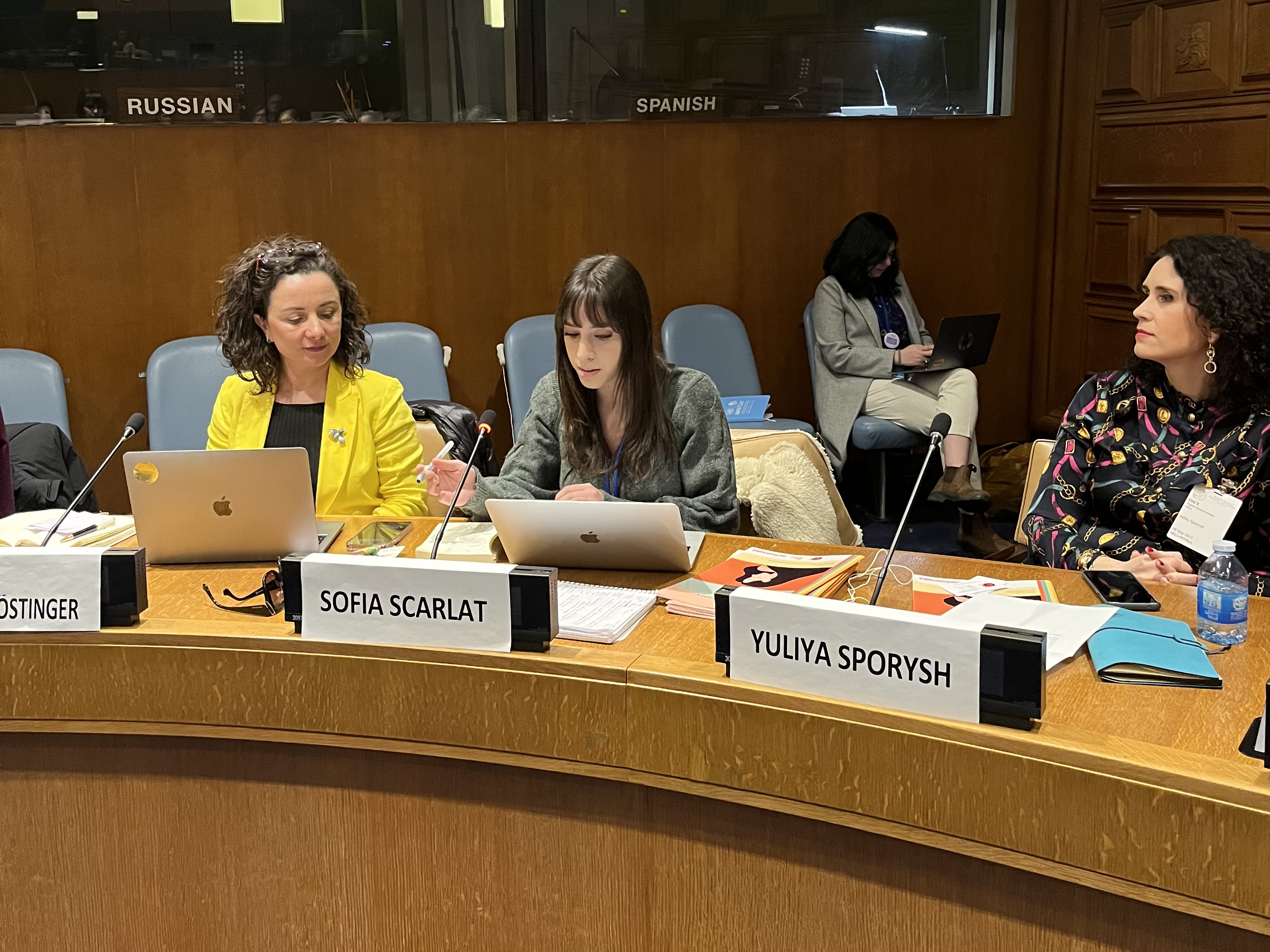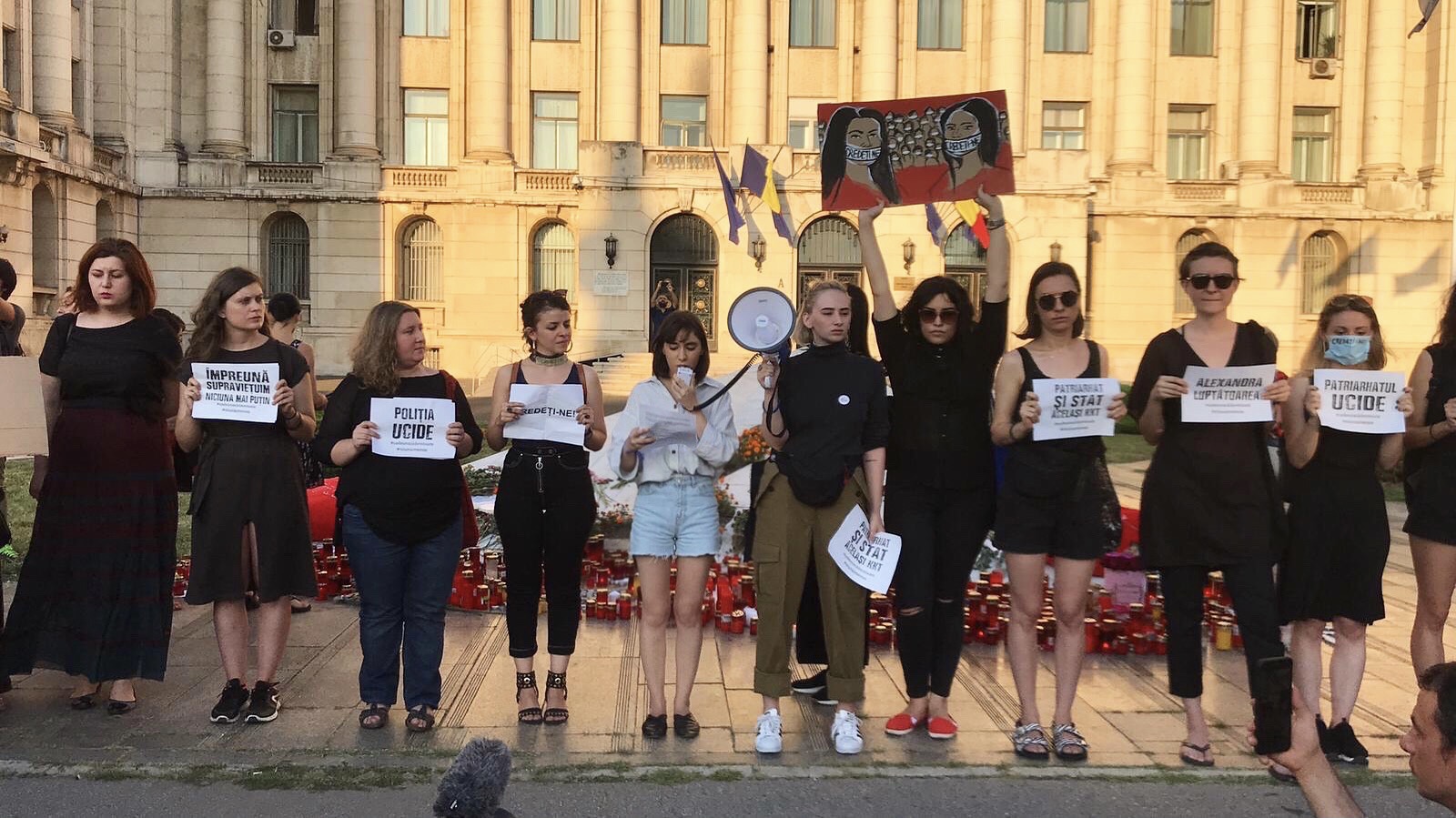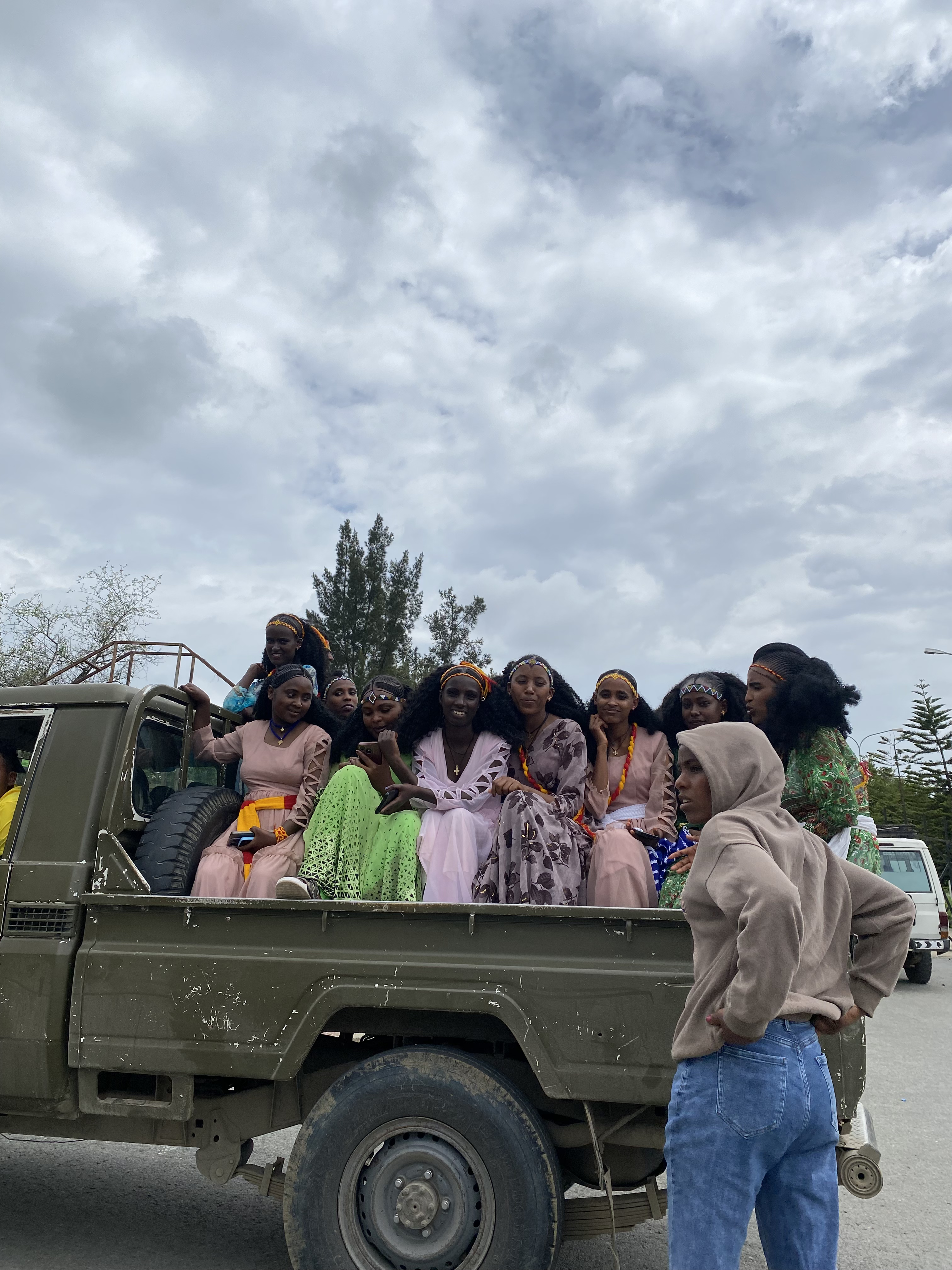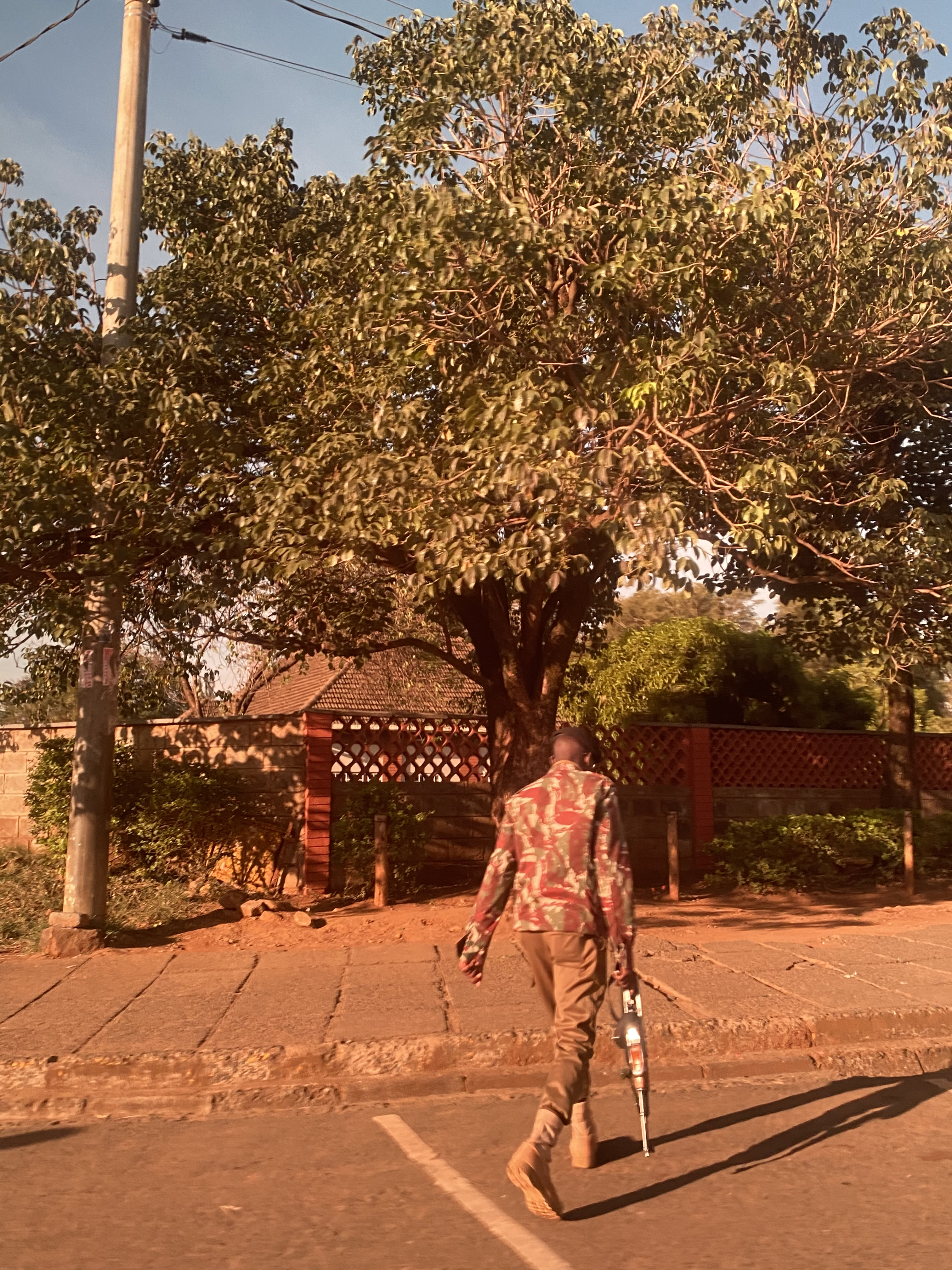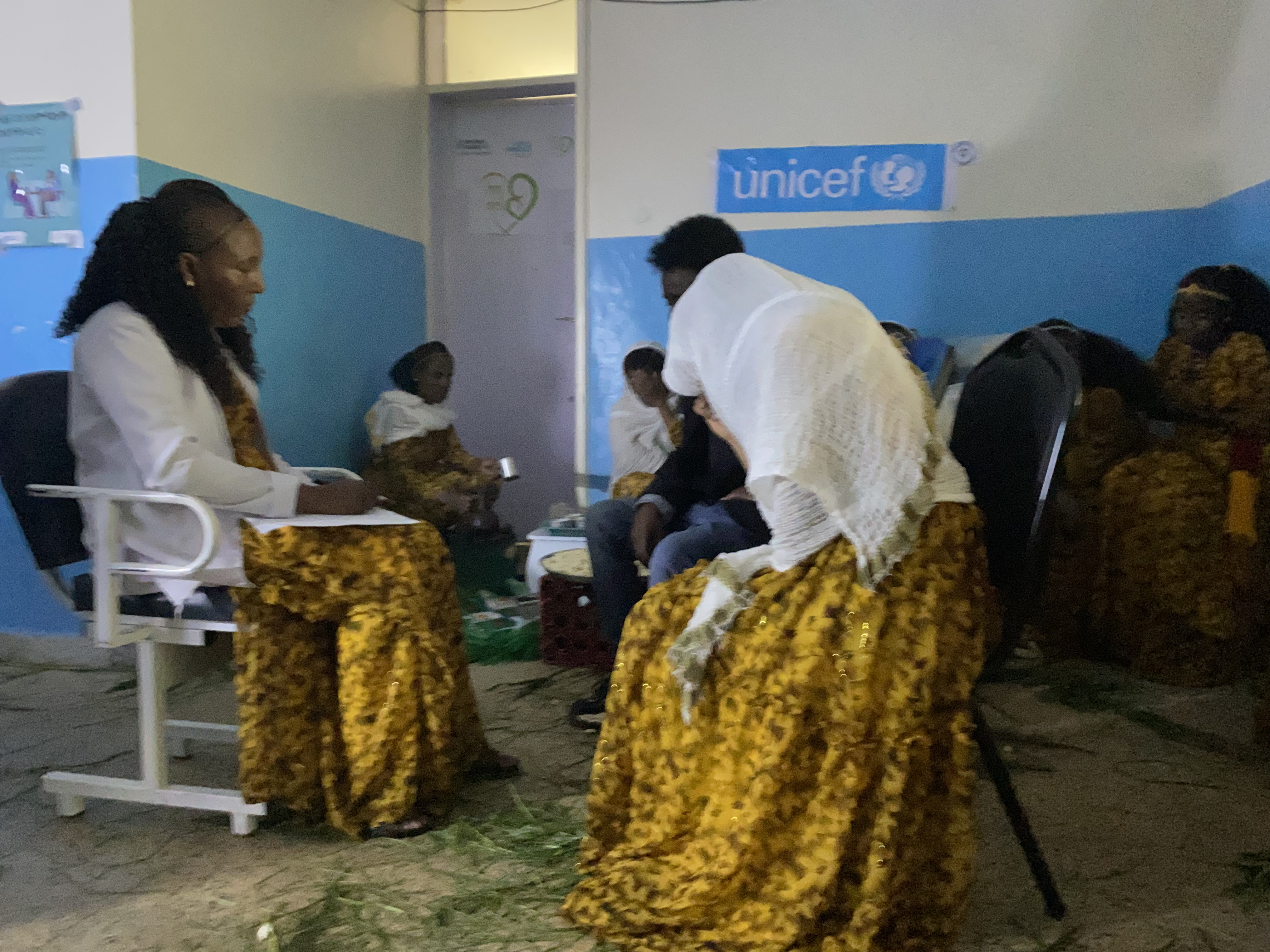My name is Sofia. I tend to feel a personal responsibility for the human condition, and in this sense I like the following words from Manlio Argueta: "Hope nourishes us. Not the hope of fools. The other kind. Hope when everything is clear. Awareness."
I am originally from Romania, where I grew up rollerblading and dropped out of high school after freshman year. Through a contorted series of events, without my national diploma, I found myself a Stanford University student in the class of 2024, where the sole comment on my admission file was "she might struggle academically, but this is an interesting person." I graduated with my thesis on the role that emerging technologies can play in decentralizing traditional, vertical power structures (like a gov.), particularly in conflict-affected areas. The title of the school matters less to me than the people I learned with there, who I continue to build with today. To the devastation of my academic advisor, I had a tendency to leave Stanford for entire weeks during every single quarter to Be in The World. There were bigger things to do.
To Be in The World during undergrad meant doing disarmament, mediation, reconstruction and peace-building work in war and conflict areas. For entities with varying degrees of power, from United Nations agencies to formalized groups of international human rights lawyers to informal victim groups in the very communities I worked in, I led fact-finding on mass atrocities, collected unreported victim testimonies for prosecution, drew up plans for physical and social infrastructure reconstruction, assisted with local disarmament procedures. I am experienced in mediation between groups, including victim-perpetrator dynamics.
This I have learned through varying operations in Kenya, Ethiopia, Sudan, Libya, Rwanda, Ukraine, Peru, Venezuela, where I traveled alone and made many friends. I was inside Tigray/Amhara region after the war ended in 2022. I did my work, but never strayed from the real life that was unfolding and continuing around me in those places: I've stopped to join dance circles on the side of an Axum highway, have done "Young Hearts Break Free" in a village karaoke bar with locals, spent time with everyone, sculptors and grocery store clerks and engineers and public servants in languages from Swahili to Google-Translated-Nepalese, shared a chocolate milkshake with a former gang leader in the informal settlements of Nairobi. I like earnest, unconventional adventures.
I have led some changes to international conflict-related policies, like the European Union's Children Trapped in Armed Conflict Act. I've set up cash transfers for Venezuelan migrants in Peru, as a more humane replacement to in-kind assistance. At age 19, I was a speechwriter for the Prime Minister of Iceland, writing her communication to heads of state/gov from around the world (I went, on this trip, to Reykjavik in November without a coat and refused to buy one so as to teach myself a lesson). I'm somewhat a reflection of that experience, but probably more so of time spent after with the Women in Black organizers from former Yugoslavia. Aged 20, I was asked to give some speeches to UN member states on technology and war, when I became interested in how terrorist groups fund their operations via trafficking in persons online. After graduation, I was a part of the small Team of Experts on Sexual Violence in Conflict at the UN, where I was entrusted with leading the design process of a legal AI platform for cross-jurisdictional war crime prosecution (to serve nearly 300 000 prosecutors worldwide).
Prince William personally handed me an award for the above mentioned work. On stage, shaking his hand in front of press and other royalty from across the globe, I asked him if he liked AC/DC (he had walked up on stage to Thunderstruck). He answered "no."
I feel courageous as a sleepwalker who simply goes. If there are things I feel I must know or see, I will spend the next few hours making a plan to be executed the next day. I learn and adapt with adrenaline, without hesitation. I once broke into the house of a quantum physicist because I had questions for him on the matter of transdisciplinarity. Before that, I got too drunk on a night out in Vienna and ended up the next morning in Nepal, helping a politician revitalize local economies in Himalayan villages that could no longer sell purple haze for a living. If something does not exist, I will make it. Finding myself in Kenya during the emergence of the 2024 Finance Bill protests and subsequent abductions, I picked up my camera, bought several SD cards that I later hid in various parts of my home and clothing, and began to interview the abducted protesters who managed to return home.
Today, I am 23 and live nowhere, but soon plan to be in Mauritania/ Mali, largely because I love desert blues. I box and can fly a plane, but cannot drive a car. I read a book a day on average and have the greatest family in the world. They read too. Every time I start a new book, I write down on its cover the place and context I am in when I begin it. On "The Years" by Annie Ernaux, read in June 2023, I wrote "I have never been happier than I am today, at 3am, at this cafe in Paris with Carmen [my best friend on all levels of reality]. Life is beautiful. Wait for it."
I speak Romanian, English, Swahili, French, Latin, Russian, in this order of fluency. Write to me in them, say hello.
There's more about me I am forgetting. Identity is not progressive or an isolated system.
My X account is @sofia_scarlat. My Obsidian is https://publish.obsidian.md/sofiasuperwell/. You can email me at [email protected].

